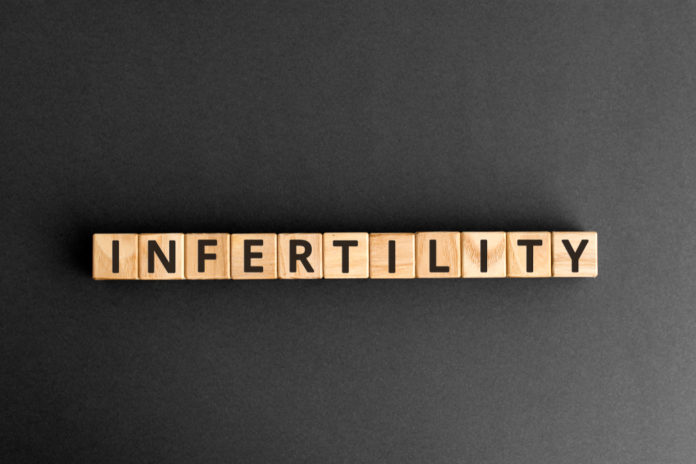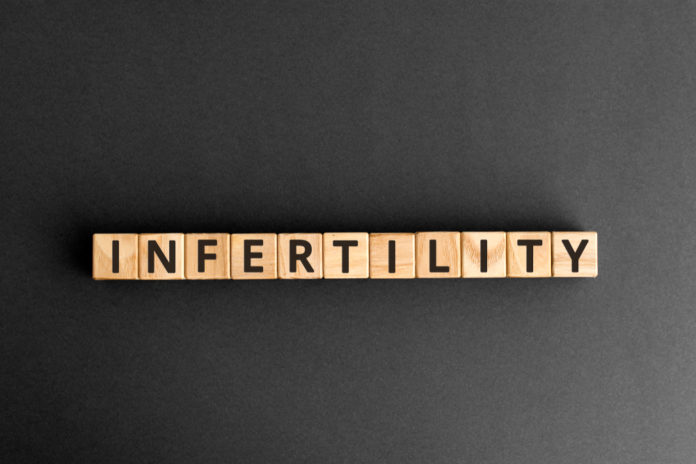
In line with the Facilities for Illness Management and Prevention, roughly 6 % of American ladies between the ages of 15 and 44 expertise infertility. Moreover, roughly 9 % of males report that they or their spouses have visited a health care provider regarding infertility previously. This statistics apart, about one in eight American {couples} has hassle conceiving.
Sadly regardless of its prevalence, infertility is a subject many {couples} concern, whether or not they’re newly married or not. Some {couples} even go so far as to cover their infertility struggles. This secrecy usually results in a lot misinformation that transforms into myths.
Myths about infertility could be detrimental to the pursuits of an infertile couple. It may well additionally thwart their efforts. That’s why on this article, we are going to focus on a number of the myths About infertility which are commonplace amongst {couples}.
- Fantasy 1: Infertility is the lady’s fault
The Nationwide Institute of Well being (NIH) has famous that about one-third of infertility points stem from points affecting the male reproductive organ. In distinction, one-third of challenges stem from the feminine reproductive components and one other one-third from each events or unknown elements.
- Fantasy 2: The {couples} have to attempt tougher
The success fee for {couples} present process infertility remedy is roughly 50%, says Dr. Susheil Mausher, an infertility knowledgeable on the Duke Facility Heart in Durham. Nonetheless, the success fee is determined by particular person circumstances and the kind of infertility points the {couples} face, not significantly on whether or not they put in probably the most work. {Couples} ought to perceive that efforts don’t essentially translate to success in conceiving; due to this fact, there is no such thing as a cause to really feel like they aren’t pulling all of the strings to get pregnant.
- Fantasy 3: Age solely impacts ladies’s fertility, not males’s
In line with Dr. Mark Surrey, who’s a reproductive surgeon and medical director of Southern California Reproductive Heart, it’s true that girls are more likely to undergo a big decline in fertility between the ages of 32 to 37, and as a lot as 50%. Nonetheless, males are additionally more likely to undergo from infertility points.
It has been indicated by specialists that, at age 40, a person is more likely to begin experiencing a decline within the quantity of semen and the semen’s motility.
- Fantasy 4: You don’t have to fret about infertility if you happen to’ve already had a toddler
Furthermore, there’s a frequent delusion that after you’ve given delivery, it’s not possible to undergo from Infertility points. Nonetheless, statistics have proven that about 30 % of infertility happens after the primary little one, implying that some {couples} could expertise difficulties conceiving after giving delivery.
- Fantasy 5: Your well being doesn’t have an effect on your fertility
Your well being contributes considerably to your fertility or in any other case. Diana Ross, who’s the co-chair of the Nationwide Preconception Well being and Well being Care initiative, famous that wholesome dwelling positively impacts fertility.
- Fantasy 6: Each fertility journey appears to be like the identical
Lastly, it isn’t true that each couple affected by infertility follows the identical path. Every path is completely different, and with every path, there are completely different penalties.
Conclusion
These points are commonplace amongst {couples}, and it’s advisable to at all times seek the advice of your physician in regards to the steps to be taken. Many alternate options could be taken to conceive, together with in-vitro fertilization (IVF). {Couples} can also wish to contemplate surrogacy. Above all, data in regards to the state of affairs is important, as it would assist information such {couples} towards the subsequent stage of their fertility journey.




